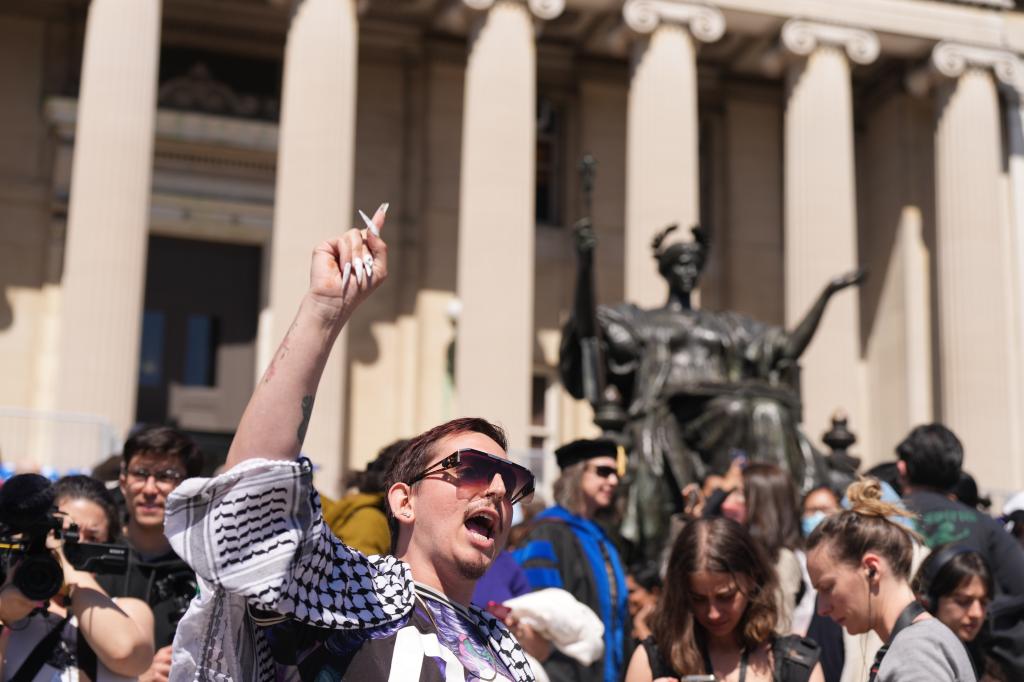The Gen Z pro-Palestine protesters lack knowledge about the issues they are protesting and display ignorance and indoctrination. Many Ivy League students participating in these protests do not fully understand the complexity of international politics, yet they consider themselves experts. While world leaders have failed to solve the conflict, these young protesters seem to think they have it all figured out.
At Columbia University, signs supporting Gaza and liberation were seen, but many students are unaware of the realities Palestinians face. The majority of those chanting slogans are likely not fully comprehending the significance of their words. For example, many could not correctly identify the river and sea referenced in the chant “from the river to the sea,” showing a lack of understanding about the conflict they are protesting.
Some of the actions taken by these protesters, such as pitching tents, wearing designer clothing, and silent interpretive dances, do not seem to be a genuine fight for justice but rather a means of seeking relevance and likes. The ignorance displayed by this generation regarding the Israeli-Palestinian conflict is concerning, with some individuals holding extremist and antisemitic views.
This generation is influenced by radical professors and biased narratives that promote a simplistic view of the conflict in which there are clear oppressors and oppressed. This lack of critical thinking skills has led to a generation that is more activated than educated. Additionally, sources such as TikTok have become primary news outlets for many young people, leading to misinformation and the spread of false narratives.
The reaction to the conflict in Israel has been a wake-up call, highlighting the progressive and idealistic nature of young people, while also exposing the indoctrination and misinformation prevalent in this generation. Social media and the politicization of education have contributed to a generation that is misinformed and lacks a nuanced understanding of complex global issues. It is essential to address these issues and encourage critical thinking to ensure a more knowledgeable and informed generation.


